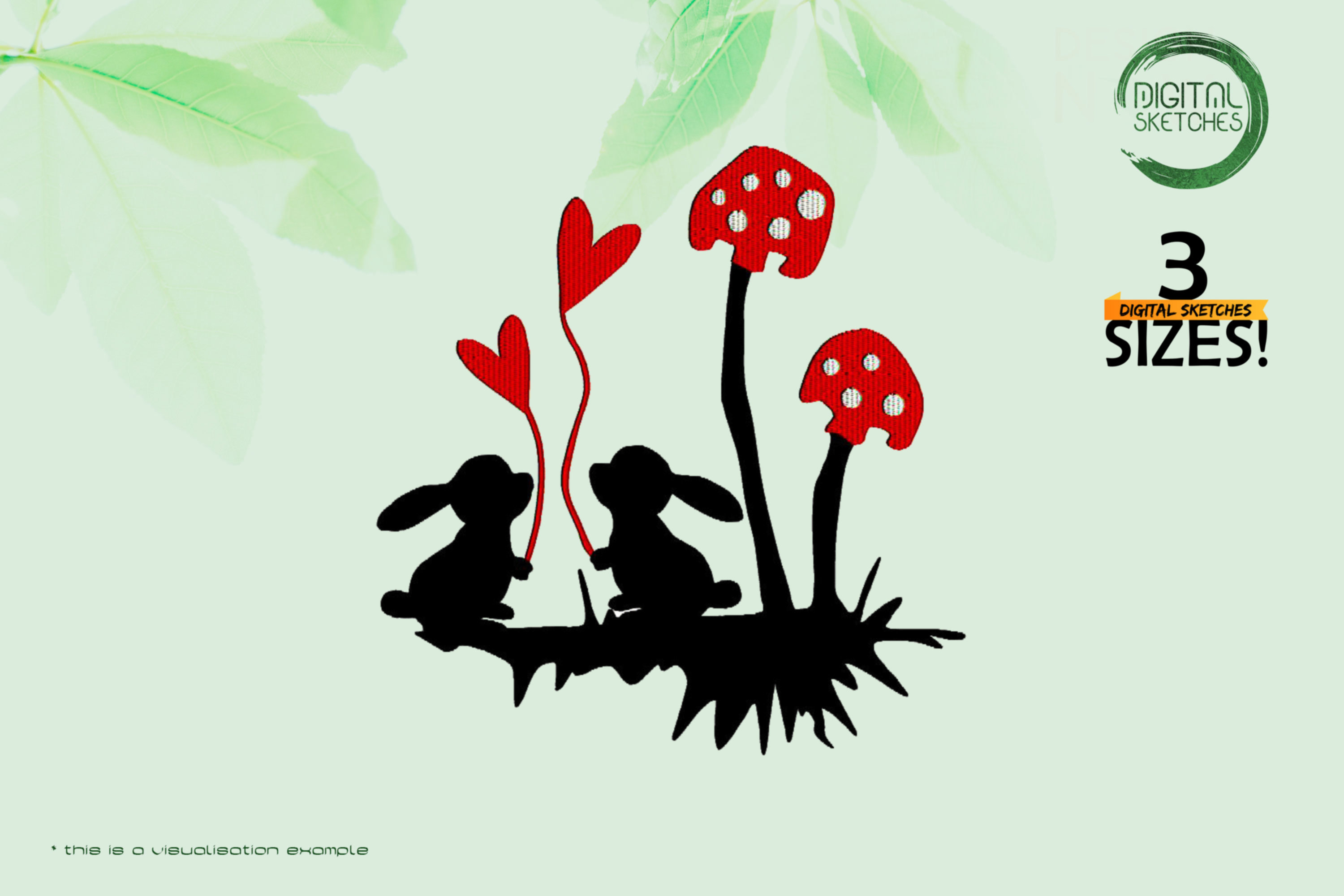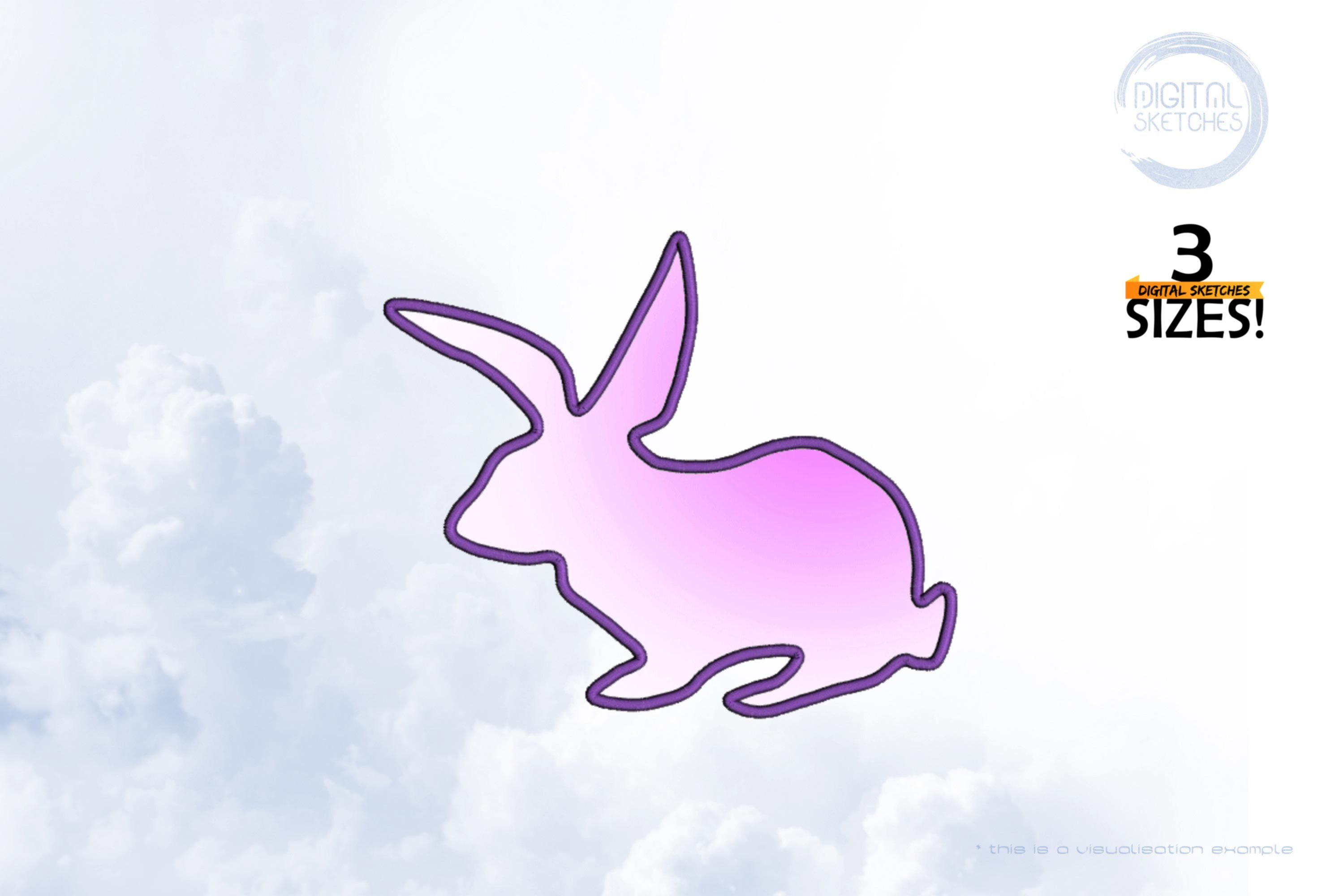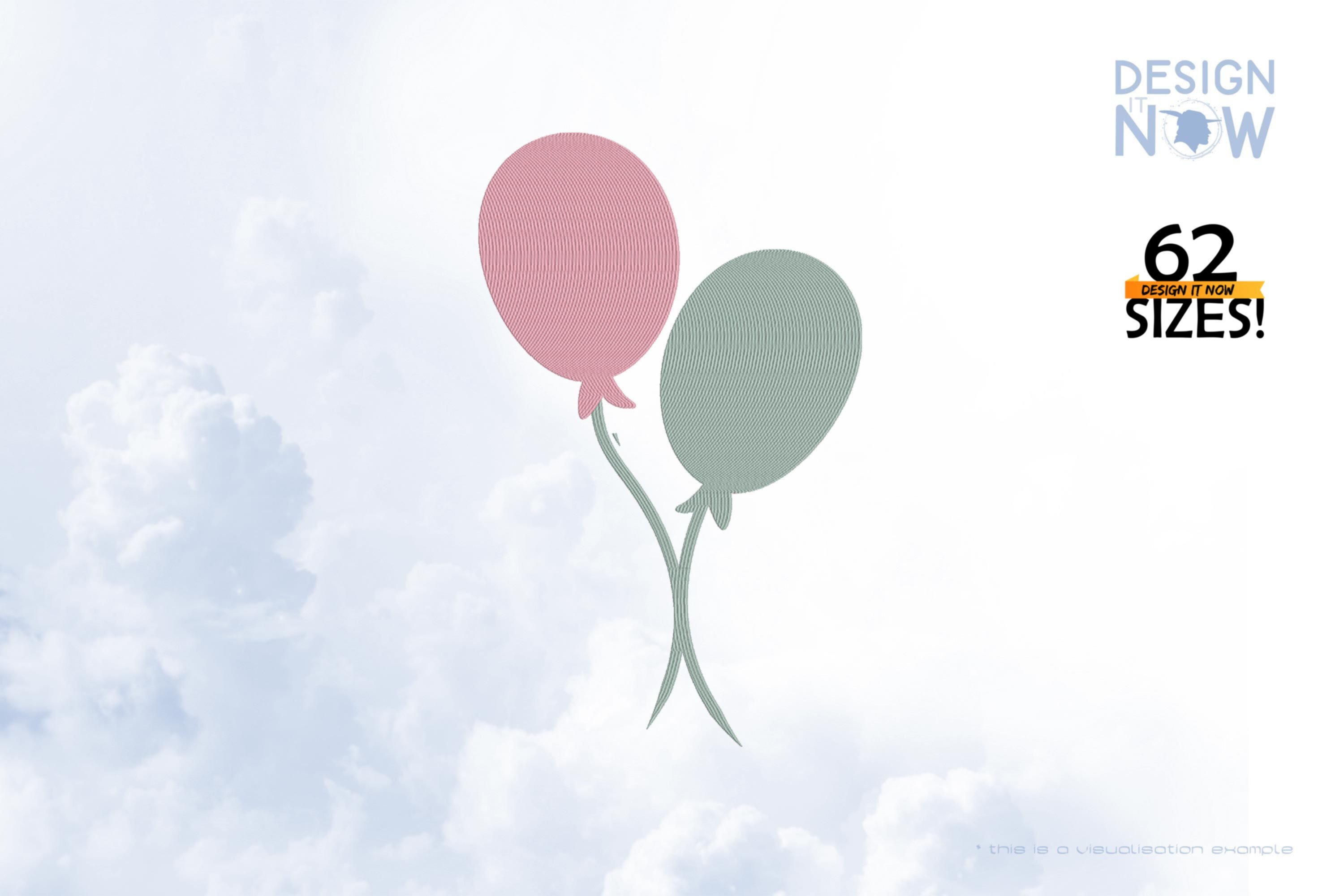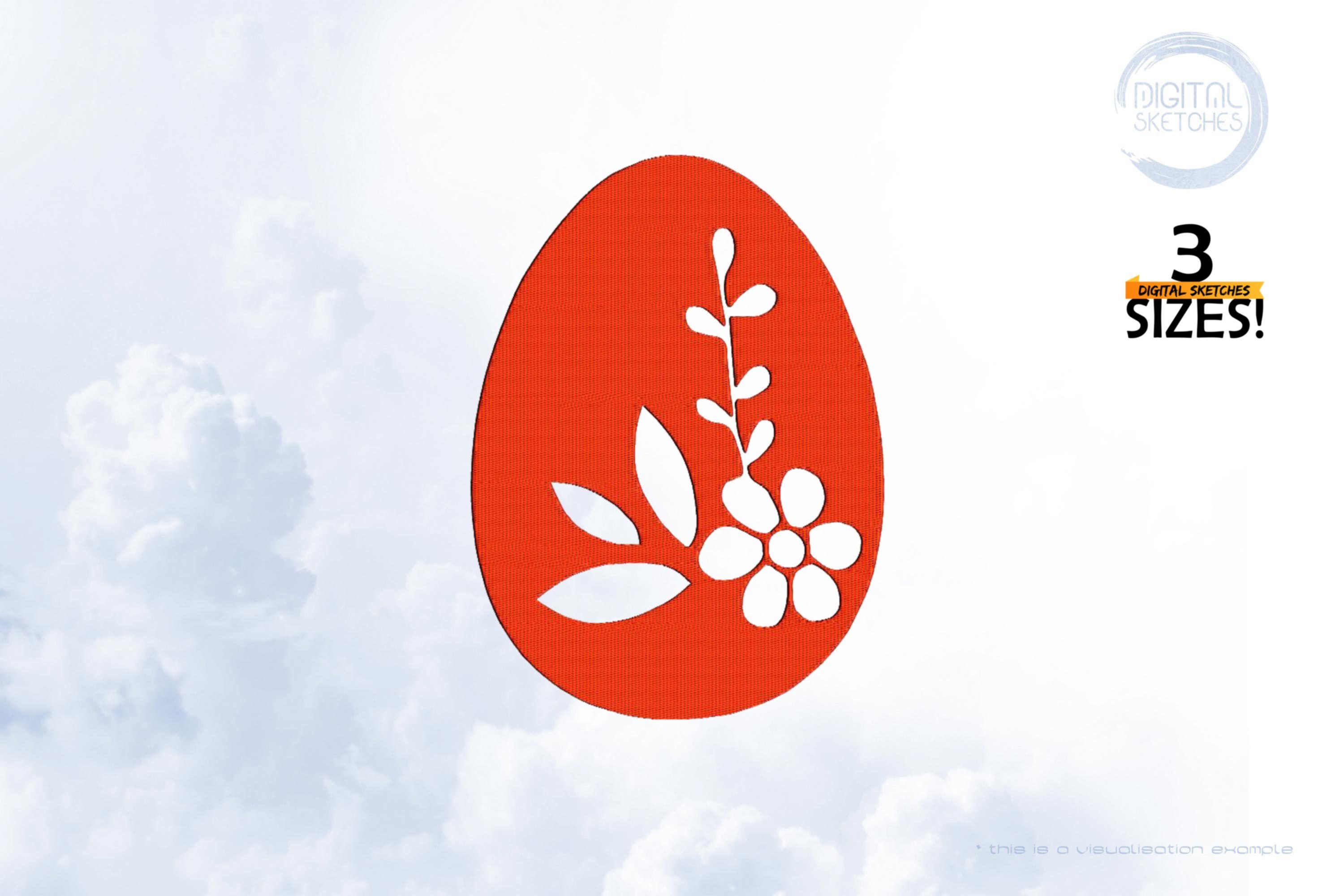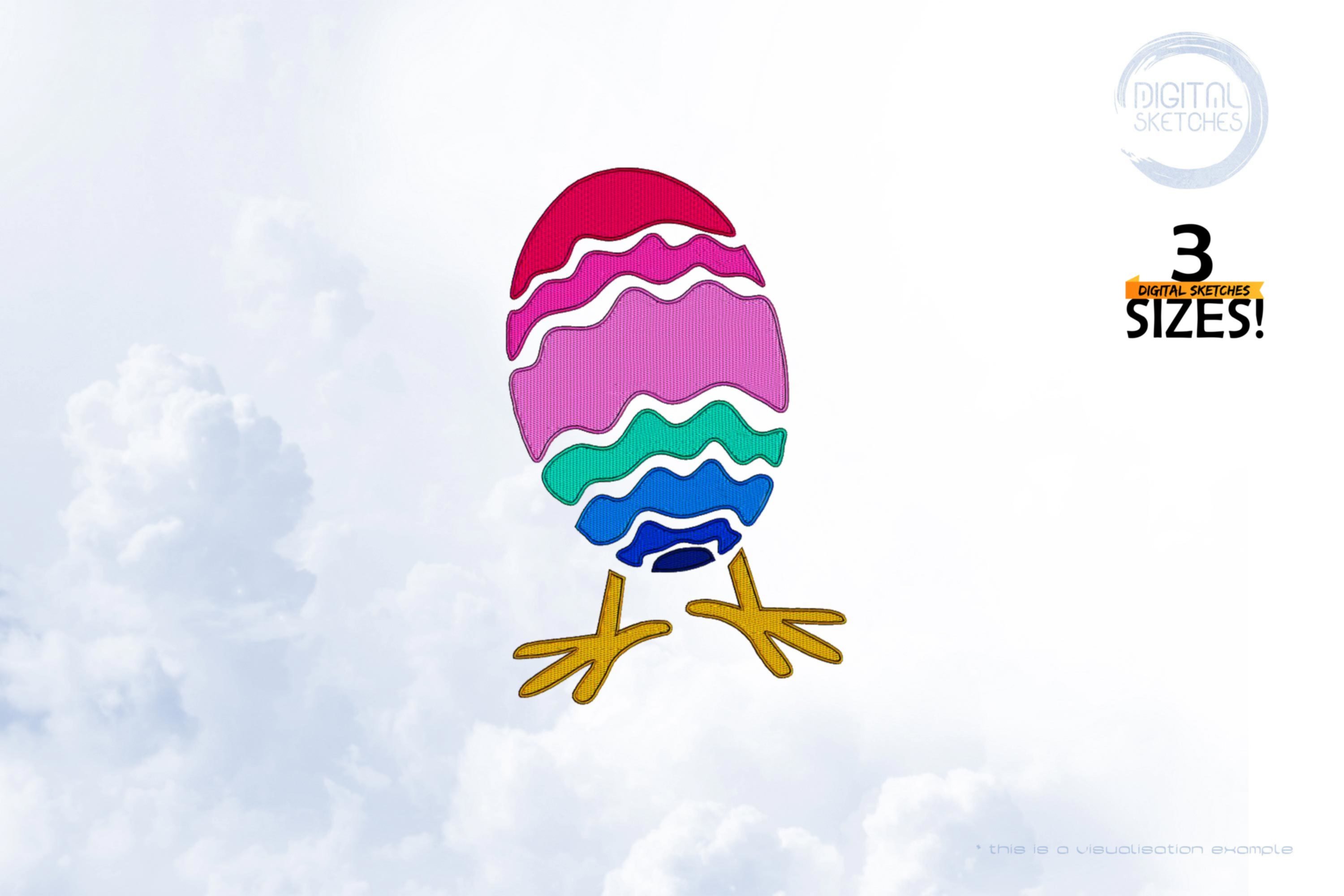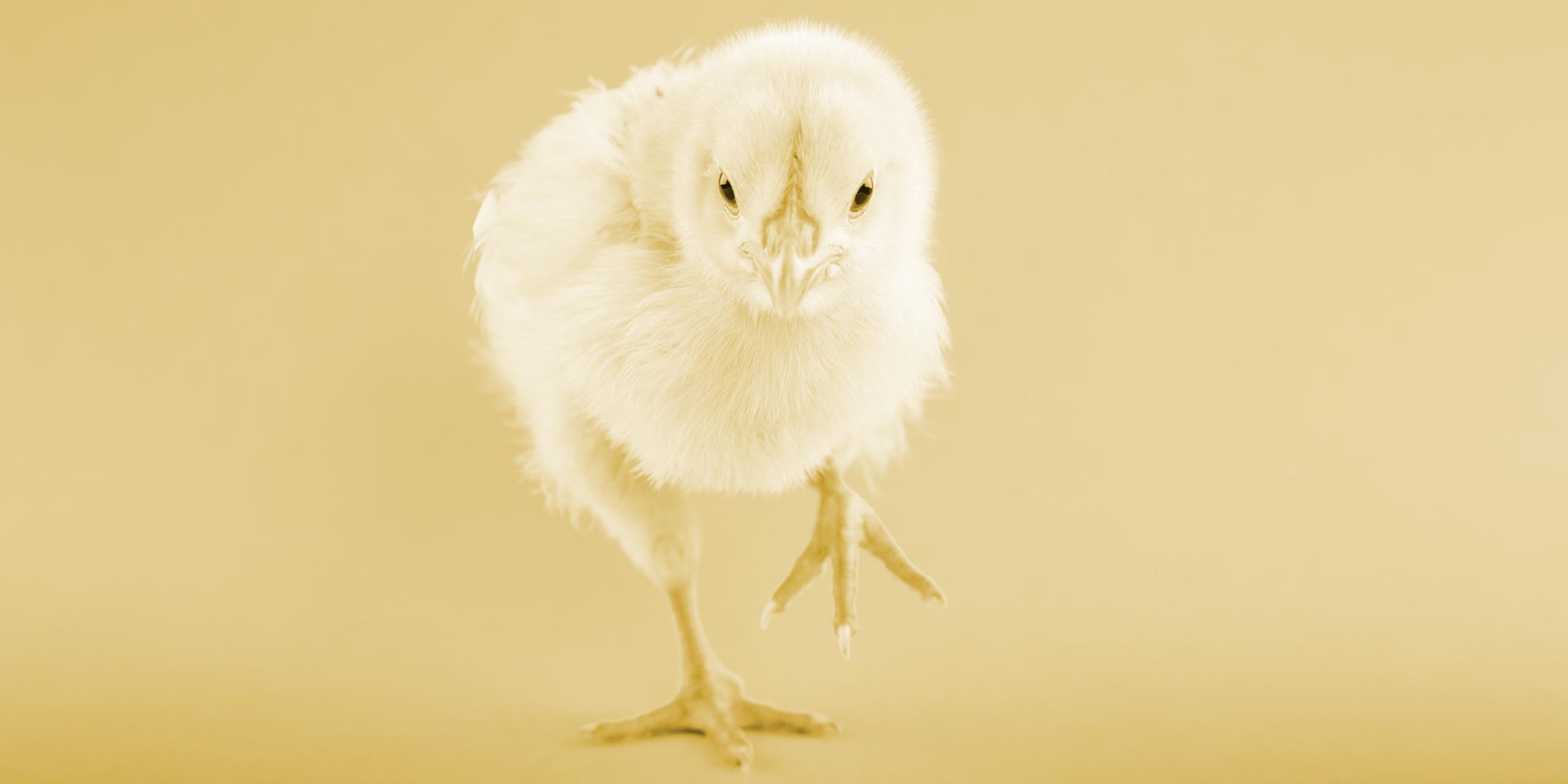
Easter
At Easter (Latin pascha or Festum paschale, from Hebrew פֶּסַח pésach), Christians celebrate the feast of the resurrection of Jesus Christ.
In the early Church, Easter was celebrated as a unity of the remembrance of the Passion and the celebration of the Resurrection on Easter Vigil, the night before Easter Sunday ("Full Pascha"). From the 4th century onward, the highest feast in the church year was historically unfolded as a three-day celebration (Triduum Sacrum or Triduum paschale). Since then, therefore, in most liturgies the services have extended from the celebration of the Last Supper on Holy Thursday evening, through Good Friday with the commemoration of Jesus' suffering and death, and Holy Saturday, the day of the Lord's burial, to the dawn of the new week on Easter Sunday (liturgically Dominica Resurrectionis, "Sunday of the Resurrection" [of the Lord]).
Since, according to the New Testament, Christ's passion, death and resurrection fell during a Passover week, the date of this major movable Jewish festival also determines the date of Easter. It is determined by a lunisolar calendar and in the Western Church always falls on the Sunday after the first full moon of spring, i.e. in the Gregorian calendar at the earliest on March 22 and at the latest on April 25. The dates of the movable feast days of the Easter festival circle are also based on this.
Easter Sunday marks the beginning of the Easter period of joy (Eastertide), which lasts fifty days up to and including Pentecost. In the Middle Ages, the original triduum evolved into a separate Easter triduum, which separated the first three days of the Easter octave from the rest of the festive week. Later, this non-working period was shortened until only Easter Monday remained as a public holiday.
%
Bunny With A Carrot
Rabbits are several genera and species of the hare family (Leporidae); they belong to the mammals. The rabbits are not a systematic group (taxon), because some species not closely related are called rabbits, in addition to the wild and domestic rabbits. Latin cuniculus (ancient Greek kóniklos) Old French conin, Middle Low German kanin & kaninchen (East Middle German caninichen) rabbit. Rabbit derives via Old French conin from Latin cuniculus, meaning "rabbit," but also "underground passage" or "tunnel," which comes from the fact that rabbits dig tunnels in the ground and make underground burrows.The Greek Polybios, in the middle of the second century BC, refers to the rabbit as cuniculus. The origin of the word cuniculus is very controversial. It is possible that the Romans took it from the Iberians or Ligurians (as a non-Indo-European loanword); this is the opinion of the Roman writer Pliny, for example. The Latin word cuniculus would then be a so-called cultural wandering word, which the Romans would have taken over together with the animal (which they did not know and only got to know in Spain).Others derive conin and cuniculus from a Gaulish form of the word kuniko (which has only been discovered, not handed down), which would be derived from Indo-Germanic kuon "dog" (Greek kyon, Latin canis). The country of Spain owes its name to rabbits. These reminded the Phoenicians on their sea voyages of the - unrelated - sheepskin (Phoenician shaban) in their homeland. Therefore, they called the country Ishapan, which the Romans changed to Hispania.Product Number: N10403Product Name: Animal-2This design comes with the following sizes:Size: 7.53"(w) X 8.93"(h) (191.2mm X 226.8mm) Size: 7.86"(w) X 9.32"(h) (199.6mm X 236.8mm) Size: 8.02"(w) X 9.52"(h) (203.8mm X 241.8mm) Size: 8.79"(w) X 10.43"(h) (223.2mm X 264.8mm) Size: 9.16"(w) X 10.86"(h) (232.6mm X 275.8mm) Size: 9.69"(w) X 11.49"(h) (246.0mm X 291.8mm)The following formats are included in the file you will receive: .DST .EXP .JEF .PES .VP3 .XXX .PEC .U01You MUST have an embroidery machine and the software needed to transfer it from your computer to the machine to use this file. This listing is for the machine file only - not a finished item.Bunny With A Carrot Machine Embroidery Design, Rabbit Embroidery Pattern, Animals Designs, DIY Project Idea, Awesome Digital Supplies For Embroidery Machines, Crafts And Arts
US$1.10* US$4.40* (75% saved)
%
Easter Bunny Line Art
Rabbits are several genera and species of the hare family (Leporidae); they belong to the mammals. The rabbits are not a systematic group (taxon), because some species not closely related are called rabbits, in addition to the wild and domestic rabbits. Latin cuniculus (ancient Greek kóniklos) Old French conin, Middle Low German kanin & kaninchen (East Middle German caninichen) rabbit. Rabbit derives via Old French conin from Latin cuniculus, meaning "rabbit," but also "underground passage" or "tunnel," which comes from the fact that rabbits dig tunnels in the ground and make underground burrows.The Greek Polybios, in the middle of the second century BC, refers to the rabbit as cuniculus. The origin of the word cuniculus is very controversial. It is possible that the Romans took it from the Iberians or Ligurians (as a non-Indo-European loanword); this is the opinion of the Roman writer Pliny, for example. The Latin word cuniculus would then be a so-called cultural wandering word, which the Romans would have taken over together with the animal (which they did not know and only got to know in Spain).Others derive conin and cuniculus from a Gaulish form of the word kuniko (which has only been discovered, not handed down), which would be derived from Indo-Germanic kuon "dog" (Greek kyon, Latin canis). The country of Spain owes its name to rabbits. These reminded the Phoenicians on their sea voyages of the - unrelated - sheepskin (Phoenician shaban) in their homeland. Therefore, they called the country Ishapan, which the Romans changed to Hispania.Product Number: N09678Product Name: EasterBunnyThis design comes with the following sizes:Size: 8.10"(w) X 5.88"(h) (205.8mm X 149.4mm) Size: 8.34"(w) X 6.05"(h) (211.8mm X 153.6mm) Size: 9.05"(w) X 6.57"(h) (229.8mm X 166.8mm) Size: 9.13"(w) X 6.62"(h) (231.8mm X 168.2mm) Size: 9.64"(w) X 6.99"(h) (244.8mm X 177.6mm) Size: 9.95"(w) X 7.22"(h) (252.8mm X 183.4mm) Size: 10.50"(w) X 7.62"(h) (266.8mm X 193.6mm) Size: 10.62"(w) X 7.71"(h) (269.8mm X 195.8mm) Size: 10.74"(w) X 7.80"(h) (272.8mm X 198.0mm) Size: 10.82"(w) X 7.85"(h) (274.8mm X 199.4mm) Size: 11.29"(w) X 8.20"(h) (286.8mm X 208.2mm) Size: 11.49"(w) X 8.34"(h) (291.8mm X 211.8mm) Size: 12.51"(w) X 9.08"(h) (317.8mm X 230.6mm) Size: 13.65"(w) X 9.91"(h) (346.8mm X 251.6mm) Size: 14.17"(w) X 10.28"(h) (359.8mm X 261.2mm) Size: 14.87"(w) X 10.80"(h) (377.8mm X 274.2mm) The following formats are included in the file you will receive: .DST .EXP .JEF .PES .VP3 .XXX .PEC .U01You MUST have an embroidery machine and the software needed to transfer it from your computer to the machine to use this file. This listing is for the machine file only - not a finished item.Easter Bunny Line Art Machine Embroidery Design, Rabbit Embroidery Pattern, Animals Designs, DIY Project Idea, Awesome Digital Supplies For Embroidery Machines, Crafts And Arts
US$1.10* US$4.40* (75% saved)
%
Bunnies Toadstools Mushrooms
Rabbits are several genera and species of the hare family (Leporidae); they belong to the mammals. The rabbits are not a systematic group (taxon), because some species not closely related are called rabbits, in addition to the wild and domestic rabbits. Latin cuniculus (ancient Greek kóniklos) Old French conin, Middle Low German kanin & kaninchen (East Middle German caninichen) rabbit. Rabbit derives via Old French conin from Latin cuniculus, meaning "rabbit," but also "underground passage" or "tunnel," which comes from the fact that rabbits dig tunnels in the ground and make underground burrows.The Greek Polybios, in the middle of the second century BC, refers to the rabbit as cuniculus. The origin of the word cuniculus is very controversial. It is possible that the Romans took it from the Iberians or Ligurians (as a non-Indo-European loanword); this is the opinion of the Roman writer Pliny, for example. The Latin word cuniculus would then be a so-called cultural wandering word, which the Romans would have taken over together with the animal (which they did not know and only got to know in Spain).Others derive conin and cuniculus from a Gaulish form of the word kuniko (which has only been discovered, not handed down), which would be derived from Indo-Germanic kuon "dog" (Greek kyon, Latin canis). The country of Spain owes its name to rabbits. These reminded the Phoenicians on their sea voyages of the - unrelated - sheepskin (Phoenician shaban) in their homeland. Therefore, they called the country Ishapan, which the Romans changed to Hispania.Product Number: E00115Product Name: BunniesThis design comes with the following sizes:Size: 3.53"(w) X 3.64"(h) (89.6 X 92.5mm) Size: 4.58"(w) X 4.74"(h) (116.4 X 120.3mm) Size: 7.05"(w) X 7.29"(h) (179.0 X 185.2mm)The following formats are included in the file you will receive: .DST .EXP .JEF .PES .VP3 .XXX .VIP .HUSYou MUST have an embroidery machine and the software needed to transfer it from your computer to the machine to use this file. This listing is for the machine file only - not a finished item.Bunnies Toadstools Mushrooms Machine Embroidery Design, Rabbit Embroidery Pattern, Animals Designs, DIY Project Idea, Awesome Digital Supplies For Embroidery Machines, Crafts And Arts
US$1.10* US$4.40* (75% saved)
%
Baby Bunny Applique Design
Rabbits are several genera and species of the hare family (Leporidae); they belong to the mammals. The rabbits are not a systematic group (taxon), because some species not closely related are called rabbits, in addition to the wild and domestic rabbits. Latin cuniculus (ancient Greek kóniklos) Old French conin, Middle Low German kanin & kaninchen (East Middle German caninichen) rabbit. Rabbit derives via Old French conin from Latin cuniculus, meaning "rabbit," but also "underground passage" or "tunnel," which comes from the fact that rabbits dig tunnels in the ground and make underground burrows.The Greek Polybios, in the middle of the second century BC, refers to the rabbit as cuniculus. The origin of the word cuniculus is very controversial. It is possible that the Romans took it from the Iberians or Ligurians (as a non-Indo-European loanword); this is the opinion of the Roman writer Pliny, for example. The Latin word cuniculus would then be a so-called cultural wandering word, which the Romans would have taken over together with the animal (which they did not know and only got to know in Spain).Others derive conin and cuniculus from a Gaulish form of the word kuniko (which has only been discovered, not handed down), which would be derived from Indo-Germanic kuon "dog" (Greek kyon, Latin canis). The country of Spain owes its name to rabbits. These reminded the Phoenicians on their sea voyages of the - unrelated - sheepskin (Phoenician shaban) in their homeland. Therefore, they called the country Ishapan, which the Romans changed to Hispania.Product Number: E00114Product Name: BunnyThis design comes with the following sizes:Size: 2.39"(w) X 2.04"(h) (60.6 X 51.8mm) Size: 3.09"(w) X 2.64"(h) (78.6 X 67.0mm) Size: 4.71"(w) X 4.01"(h) (119.7 X 101.9mm)The following formats are included in the file you will receive: .DST .EXP .JEF .PES .VP3 .XXX .VIP .HUSYou MUST have an embroidery machine and the software needed to transfer it from your computer to the machine to use this file. This listing is for the machine file only - not a finished item.Bunny Applique Machine Embroidery Design, Rabbit Embroidery Pattern, Animals Designs, DIY Project Idea, Awesome Digital Supplies For Embroidery Machines, Crafts And Arts
US$1.10* US$4.40* (75% saved)
%
Balloons
A balloon is an inflatable object, usually made of rubber or latex, that is inflated by blowing air into it. Balloons can come in different shapes and sizes and are often used in celebrations such as birthday parties, weddings and other events. They can also serve as toys for children. There are also special balloons used for aviation and science.Product Number: N10926Product Name: baby-shower-IIThis design comes with the following sizes:Size: 1.98"(w) X 3.17"(h) (50.4mm X 80.4mm) Size: 2.16"(w) X 3.45"(h) (54.8mm X 87.6mm) Size: 2.18"(w) X 3.49"(h) (55.4mm X 88.6mm) Size: 2.38"(w) X 3.80"(h) (60.4mm X 96.6mm) Size: 2.43"(w) X 3.87"(h) (61.6mm X 98.4mm) Size: 2.62"(w) X 4.19"(h) (66.6mm X 106.4mm) Size: 2.65"(w) X 4.24"(h) (67.2mm X 107.6mm) Size: 2.84"(w) X 4.55"(h) (72.2mm X 115.6mm) Size: 2.89"(w) X 4.64"(h) (73.4mm X 117.8mm) Size: 2.91"(w) X 4.66"(h) (74.0mm X 118.4mm) Size: 3.09"(w) X 4.94"(h) (78.4mm X 125.4mm) Size: 3.11"(w) X 4.98"(h) (79.0mm X 126.4mm) Size: 3.13"(w) X 5.02"(h) (79.6mm X 127.4mm) Size: 3.21"(w) X 5.15"(h) (81.6mm X 130.8mm) Size: 3.24"(w) X 5.18"(h) (82.2mm X 131.6mm) Size: 3.28"(w) X 5.25"(h) (83.4mm X 133.4mm) Size: 3.31"(w) X 5.29"(h) (84.0mm X 134.4mm) Size: 3.41"(w) X 5.46"(h) (86.6mm X 138.6mm) Size: 3.48"(w) X 5.57"(h) (88.4mm X 141.6mm) Size: 3.58"(w) X 5.72"(h) (91.0mm X 145.4mm) Size: 3.83"(w) X 6.13"(h) (97.2mm X 155.6mm) Size: 3.85"(w) X 6.17"(h) (97.8mm X 156.8mm) Size: 3.87"(w) X 6.21"(h) (98.4mm X 157.8mm) Size: 3.94"(w) X 6.31"(h) (100.2mm X 160.4mm) Size: 4.02"(w) X 6.44"(h) (102.2mm X 163.6mm) Size: 4.05"(w) X 6.49"(h) (102.8mm X 164.8mm) Size: 4.07"(w) X 6.51"(h) (103.4mm X 165.4mm) Size: 4.09"(w) X 6.55"(h) (104.0mm X 166.4mm) Size: 4.14"(w) X 6.63"(h) (105.2mm X 168.4mm) Size: 4.24"(w) X 6.80"(h) (107.8mm X 172.6mm) Size: 4.29"(w) X 6.87"(h) (109.0mm X 174.4mm) Size: 4.31"(w) X 6.91"(h) (109.6mm X 175.6mm) Size: 4.34"(w) X 6.95"(h) (110.2mm X 176.6mm) Size: 4.42"(w) X 7.06"(h) (112.2mm X 179.4mm) Size: 4.44"(w) X 7.10"(h) (112.8mm X 180.4mm) Size: 4.46"(w) X 7.15"(h) (113.4mm X 181.6mm) Size: 4.51"(w) X 7.23"(h) (114.6mm X 183.6mm) Size: 4.54"(w) X 7.28"(h) (115.2mm X 184.8mm) Size: 4.61"(w) X 7.38"(h) (117.2mm X 187.4mm) Size: 4.66"(w) X 7.46"(h) (118.4mm X 189.6mm) Size: 4.71"(w) X 7.55"(h) (119.6mm X 191.8mm) Size: 4.79"(w) X 7.65"(h) (121.6mm X 194.4mm) Size: 4.83"(w) X 7.74"(h) (122.8mm X 196.6mm) Size: 4.86"(w) X 7.78"(h) (123.4mm X 197.6mm) Size: 4.91"(w) X 7.85"(h) (124.6mm X 199.4mm) Size: 4.95"(w) X 7.93"(h) (125.8mm X 201.4mm) Size: 5.03"(w) X 8.06"(h) (127.8mm X 204.8mm) Size: 5.06"(w) X 8.10"(h) (128.4mm X 205.8mm) Size: 5.15"(w) X 8.25"(h) (130.8mm X 209.6mm) Size: 5.25"(w) X 8.40"(h) (133.4mm X 213.4mm) Size: 5.38"(w) X 8.61"(h) (136.6mm X 218.6mm) Size: 5.40"(w) X 8.64"(h) (137.2mm X 219.4mm) Size: 5.45"(w) X 8.72"(h) (138.4mm X 221.4mm) Size: 6.02"(w) X 9.63"(h) (152.8mm X 244.6mm) Size: 6.13"(w) X 9.83"(h) (155.8mm X 249.6mm) Size: 6.21"(w) X 9.94"(h) (157.8mm X 252.6mm) Size: 6.90"(w) X 11.04"(h) (175.2mm X 280.4mm) Size: 6.99"(w) X 11.20"(h) (177.6mm X 284.6mm) Size: 7.36"(w) X 11.80"(h) (187.0mm X 299.6mm) Size: 7.78"(w) X 12.46"(h) (197.6mm X 316.6mm) Size: 7.86"(w) X 12.57"(h) (199.6mm X 319.4mm) Size: 8.74"(w) X 13.99"(h) (222.0mm X 355.4mm)The following formats are included in the file you will receive: .DST .EXP .JEF .PES .VP3 .XXX .PEC .U01You MUST have an embroidery machine and the software needed to transfer it from your computer to the machine to use this file. This listing is for the machine file only - not a finished item.Balloon Machine Embroidery Design, Baby Shower Celebration Embroidery Pattern, Children Toys Embroidery Art, DIY Project Ideas, Beautiful Digital Supplies For Embroidery Machines
US$1.10* US$4.40* (75% saved)
%
Baby Bunny Applique Design
Rabbits are several genera and species of the hare family (Leporidae); they belong to the mammals. The rabbits are not a systematic group (taxon), because some species not closely related are called rabbits, in addition to the wild and domestic rabbits. Latin cuniculus (ancient Greek kóniklos) Old French conin, Middle Low German kanin & kaninchen (East Middle German caninichen) rabbit. Rabbit derives via Old French conin from Latin cuniculus, meaning "rabbit," but also "underground passage" or "tunnel," which comes from the fact that rabbits dig tunnels in the ground and make underground burrows.The Greek Polybios, in the middle of the second century BC, refers to the rabbit as cuniculus. The origin of the word cuniculus is very controversial. It is possible that the Romans took it from the Iberians or Ligurians (as a non-Indo-European loanword); this is the opinion of the Roman writer Pliny, for example. The Latin word cuniculus would then be a so-called cultural wandering word, which the Romans would have taken over together with the animal (which they did not know and only got to know in Spain).Others derive conin and cuniculus from a Gaulish form of the word kuniko (which has only been discovered, not handed down), which would be derived from Indo-Germanic kuon "dog" (Greek kyon, Latin canis). The country of Spain owes its name to rabbits. These reminded the Phoenicians on their sea voyages of the - unrelated - sheepskin (Phoenician shaban) in their homeland. Therefore, they called the country Ishapan, which the Romans changed to Hispania.Product Number: E00120Product Name: BunnyThis design comes with the following sizes:Size: 2.70"(w) X 3.13"(h) (68.7 X 79.5mm) Size: 3.35"(w) X 3.89"(h) (85.1 X 98.9mm) Size: 4.85"(w) X 5.70"(h) (123.2 X 144.8mm) Size: 7.46"(w) X 8.77"(h) (189.4 X 222.8mm) The following formats are included in the file you will receive: .DST .EXP .JEF .PES .VP3 .XXX .VIP .HUSYou MUST have an embroidery machine and the software needed to transfer it from your computer to the machine to use this file. This listing is for the machine file only - not a finished item.Cute Little Baby Bunny Applique Machine Embroidery Design, Rabbit Embroidery Pattern, Animals Designs, DIY Project Idea, Awesome Digital Supplies For Embroidery Machines, Crafts And Arts
US$1.10* US$4.40* (75% saved)
%
Bunny With Hearts Glasses
Bunnies are mammals and describe a family within mammals. They belong to the "hare" family and are closely related to rabbits. Hares are found on nearly every continent except Antarctica. The brown hare is a wild animal.Product Number: E00504Product Name: BunnyHeadThis design comes with the following sizes:Size: 3.63"(w) X 3.80"(h) (92.2 X 96.6mm) Size: 4.03"(w) X 4.23"(h) (102.4 X 107.4mm) Size: 4.48"(w) X 4.69"(h) (113.8 X 119.2mm) Size: 6.14"(w) X 6.43"(h) (156.0 X 163.4mm) Size: 6.82"(w) X 7.15"(h) (173.2 X 181.6mm) Size: 4.98"(w) X 5.22"(h) (126.4 X 132.6mm) Size: 5.53"(w) X 5.80"(h) (140.4 X 147.2mm) Size: 7.57"(w) X 7.95"(h) (192.4 X 202.0mm) Size: 8.42"(w) X 8.83"(h) (213.8 X 224.2mm)The following formats are included in the file you will receive: .DST .EXP .JEF .PES .VP3 .XXX .VIP .HUSYou MUST have an embroidery machine and the software needed to transfer it from your computer to the machine to use this file. This listing is for the machine file only - not a finished item.Bunny With Hearts Glasses Machine Embroidery Design, Rabbit Animals Embroidery Pattern, Bunny Head Embroidery Art, DIY Project Ideas, Beautiful Digital Supplies For Embroidery Machines
US$1.10* US$4.40* (75% saved)
%
Hipster Bunny
Rabbits are several genera and species of the hare family (Leporidae); they belong to the mammals. The rabbits are not a systematic group (taxon), because some species not closely related are called rabbits, in addition to the wild and domestic rabbits. Latin cuniculus (ancient Greek kóniklos) Old French conin, Middle Low German kanin & kaninchen (East Middle German caninichen) rabbit. Rabbit derives via Old French conin from Latin cuniculus, meaning "rabbit," but also "underground passage" or "tunnel," which comes from the fact that rabbits dig tunnels in the ground and make underground burrows.The Greek Polybios, in the middle of the second century BC, refers to the rabbit as cuniculus. The origin of the word cuniculus is very controversial. It is possible that the Romans took it from the Iberians or Ligurians (as a non-Indo-European loanword); this is the opinion of the Roman writer Pliny, for example. The Latin word cuniculus would then be a so-called cultural wandering word, which the Romans would have taken over together with the animal (which they did not know and only got to know in Spain).Others derive conin and cuniculus from a Gaulish form of the word kuniko (which has only been discovered, not handed down), which would be derived from Indo-Germanic kuon "dog" (Greek kyon, Latin canis). The country of Spain owes its name to rabbits. These reminded the Phoenicians on their sea voyages of the - unrelated - sheepskin (Phoenician shaban) in their homeland. Therefore, they called the country Ishapan, which the Romans changed to Hispania.Product Number: N10128Product Name: bunny-with-hatThis design comes with the following sizes:Size: 3.09"(w) X 5.15"(h) (78.4mm X 130.8mm) Size: 3.16"(w) X 5.27"(h) (80.2mm X 133.8mm) Size: 3.18"(w) X 5.31"(h) (80.8mm X 134.8mm) Size: 3.20"(w) X 5.35"(h) (81.4mm X 135.8mm) Size: 3.25"(w) X 5.43"(h) (82.6mm X 137.8mm) Size: 3.28"(w) X 5.46"(h) (83.2mm X 138.8mm) Size: 3.30"(w) X 5.50"(h) (83.8mm X 139.8mm) Size: 3.35"(w) X 5.58"(h) (85.0mm X 141.8mm) Size: 3.56"(w) X 5.94"(h) (90.4mm X 150.8mm) Size: 3.58"(w) X 5.98"(h) (91.0mm X 151.8mm) Size: 3.63"(w) X 6.06"(h) (92.2mm X 153.8mm) Size: 3.89"(w) X 6.49"(h) (98.8mm X 164.8mm) Size: 3.98"(w) X 6.65"(h) (101.2mm X 168.8mm) Size: 4.01"(w) X 6.69"(h) (101.8mm X 169.8mm) Size: 4.08"(w) X 6.80"(h) (103.6mm X 172.8mm) Size: 4.13"(w) X 6.88"(h) (104.8mm X 174.8mm) Size: 4.15"(w) X 6.92"(h) (105.4mm X 175.8mm) Size: 4.17"(w) X 6.96"(h) (106.0mm X 176.8mm) Size: 4.20"(w) X 7.00"(h) (106.6mm X 177.8mm) Size: 4.24"(w) X 7.08"(h) (107.8mm X 179.8mm) Size: 4.36"(w) X 7.28"(h) (110.8mm X 184.8mm) Size: 4.41"(w) X 7.35"(h) (112.0mm X 186.8mm) Size: 4.43"(w) X 7.39"(h) (112.6mm X 187.8mm) Size: 4.46"(w) X 7.43"(h) (113.2mm X 188.8mm) Size: 4.48"(w) X 7.47"(h) (113.8mm X 189.8mm) Size: 4.53"(w) X 7.55"(h) (115.0mm X 191.8mm) Size: 6.09"(w) X 10.15"(h) (154.6mm X 257.8mm) Size: 6.44"(w) X 10.74"(h) (163.6mm X 272.8mm) Size: 6.49"(w) X 10.82"(h) (164.8mm X 274.8mm) Size: 6.51"(w) X 10.86"(h) (165.4mm X 275.8mm) Size: 6.56"(w) X 10.94"(h) (166.6mm X 277.8mm) Size: 6.61"(w) X 11.02"(h) (167.8mm X 279.8mm) Size: 6.89"(w) X 11.49"(h) (175.0mm X 291.8mm) Size: 7.03"(w) X 11.72"(h) (178.6mm X 297.8mm) Size: 7.08"(w) X 11.80"(h) (179.8mm X 299.8mm) Size: 7.15"(w) X 11.92"(h) (181.6mm X 302.8mm) Size: 7.50"(w) X 12.51"(h) (190.6mm X 317.8mm) Size: 7.74"(w) X 12.91"(h) (196.6mm X 327.8mm) Size: 7.79"(w) X 12.98"(h) (197.8mm X 329.8mm) Size: 8.12"(w) X 13.54"(h) (206.2mm X 343.8mm) The following formats are included in the file you will receive: .DST .EXP .JEF .PES .VP3 .XXX .PEC .U01You MUST have an embroidery machine and the software needed to transfer it from your computer to the machine to use this file. This listing is for the machine file only - not a finished item.Hipster Bunny With Hat Machine Embroidery Design, Rabbit Embroidery Pattern, Animals Designs, DIY Project Idea, Awesome Digital Supplies For Embroidery Machines, Crafts And Arts
US$1.10* US$4.40* (75% saved)
%
Happy Easter Bunny Saying
At Easter (Latin pascha or Festum paschale, from Hebrew פֶּסַח pésach), Christians celebrate the feast of the resurrection of Jesus Christ. In the early Church, Easter was celebrated as a unity of the remembrance of the Passion and the celebration of the Resurrection on Easter Vigil, the night before Easter Sunday ("Full Pascha"). From the 4th century onward, the highest feast in the church year was historically unfolded as a three-day celebration (Triduum Sacrum or Triduum paschale). Since then, therefore, in most liturgies the services have extended from the celebration of the Last Supper on Holy Thursday evening, through Good Friday with the commemoration of Jesus' suffering and death, and Holy Saturday, the day of the Lord's burial, to the dawn of the new week on Easter Sunday (liturgically Dominica Resurrectionis, "Sunday of the Resurrection" [of the Lord]). Since, according to the New Testament, Christ's passion, death and resurrection fell during a Passover week, the date of this major movable Jewish festival also determines the date of Easter. It is determined by a lunisolar calendar and in the Western Church always falls on the Sunday after the first full moon of spring, i.e. in the Gregorian calendar at the earliest on March 22 and at the latest on April 25. The dates of the movable feast days of the Easter festival circle are also based on this. Easter Sunday marks the beginning of the Easter period of joy (Eastertide), which lasts fifty days up to and including Pentecost. In the Middle Ages, the original triduum evolved into a separate Easter triduum, which separated the first three days of the Easter octave from the rest of the festive week. Later, this non-working period was shortened until only Easter Monday remained as a public holiday. Product Number: N10131Product Name: happy-easterThis design comes with the following sizes:Size: 4.26"(w) X 4.36"(h) (108.2mm X 110.8mm) Size: 4.38"(w) X 4.48"(h) (111.2mm X 113.8mm) Size: 5.42"(w) X 5.54"(h) (137.6mm X 140.8mm) Size: 5.45"(w) X 5.58"(h) (138.4mm X 141.8mm) Size: 5.53"(w) X 5.66"(h) (140.4mm X 143.8mm) Size: 6.57"(w) X 6.72"(h) (166.8mm X 170.8mm) Size: 6.61"(w) X 6.76"(h) (167.8mm X 171.8mm) Size: 6.80"(w) X 6.96"(h) (172.6mm X 176.8mm) Size: 6.83"(w) X 7.00"(h) (173.6mm X 177.8mm) Size: 6.99"(w) X 7.16"(h) (177.6mm X 181.8mm) Size: 7.42"(w) X 7.59"(h) (188.4mm X 192.8mm) Size: 7.45"(w) X 7.63"(h) (189.2mm X 193.8mm) Size: 7.69"(w) X 7.87"(h) (195.2mm X 199.8mm) Size: 8.10"(w) X 8.30"(h) (205.8mm X 210.8mm) Size: 8.26"(w) X 8.46"(h) (209.8mm X 214.8mm) Size: 8.65"(w) X 8.85"(h) (219.6mm X 224.8mm) Size: 8.76"(w) X 8.97"(h) (222.4mm X 227.8mm) Size: 8.83"(w) X 9.05"(h) (224.4mm X 229.8mm) Size: 9.30"(w) X 9.52"(h) (236.2mm X 241.8mm) Size: 11.65"(w) X 11.92"(h) (295.8mm X 302.8mm)The following formats are included in the file you will receive: .DST .EXP .JEF .PES .VP3 .XXX .PEC .U01You MUST have an embroidery machine and the software needed to transfer it from your computer to the machine to use this file. This listing is for the machine file only - not a finished item.Happy Easter Bunny Ears Machine Embroidery Design, Public Holiday Embroidery Pattern, Spring Embroidery Art, Happy Easter, Easter Bunnies Eggs And Chicks, DIY Project Ideas, Beautiful Digital Supplies For Embroidery Machines
US$1.10* US$4.40* (75% saved)
%
Ornamented Egg
An Easter egg is a colored egg, often painted or decorated with motifs; usually a hard-boiled chicken egg, which is traditionally given as a gift or eaten at Easter. Furthermore, decorative items not intended for consumption are also called Easter eggs, which serve as ornaments or sometimes gifts during the Easter season. They are usually blown out eggs, usually chicken eggs, or eggs made of other materials such as cardboard, plaster, wood, natural stone or plastic. Depending on the purpose and type of material, such Easter eggs are also largely dyed, colorfully painted or dyed produced, as well as usually provided with decorations in a variety of ways. Also the chocolate eggs offered in large quantities and colorfully packaged are Easter eggs. At Easter (Latin pascha or Festum paschale, from Hebrew פֶּסַח pésach), Christians celebrate the feast of the resurrection of Jesus Christ. In the early Church, Easter was celebrated as a unity of the remembrance of the Passion and the celebration of the Resurrection on Easter Vigil, the night before Easter Sunday ("Full Pascha"). From the 4th century onward, the highest feast in the church year was historically unfolded as a three-day celebration (Triduum Sacrum or Triduum paschale). Since then, therefore, in most liturgies the services have extended from the celebration of the Last Supper on Holy Thursday evening, through Good Friday with the commemoration of Jesus' suffering and death, and Holy Saturday, the day of the Lord's burial, to the dawn of the new week on Easter Sunday (liturgically Dominica Resurrectionis, "Sunday of the Resurrection" [of the Lord]). Since, according to the New Testament, Christ's passion, death and resurrection fell during a Passover week, the date of this major movable Jewish festival also determines the date of Easter. It is determined by a lunisolar calendar and in the Western Church always falls on the Sunday after the first full moon of spring, i.e. in the Gregorian calendar at the earliest on March 22 and at the latest on April 25. The dates of the movable feast days of the Easter festival circle are also based on this. Easter Sunday marks the beginning of the Easter period of joy (Eastertide), which lasts fifty days up to and including Pentecost. In the Middle Ages, the original triduum evolved into a separate Easter triduum, which separated the first three days of the Easter octave from the rest of the festive week. Later, this non-working period was shortened until only Easter Monday remained as a public holiday. Product Number: E00290Product Name: EggThis design comes with the following sizes:Size: 2.87"(w) X 3.91"(h) (72.9 X 99.2mm) Size: 4.91"(w) X 6.69"(h) (124.6 X 169.8mm) Size: 7.45"(w) X 10.16"(h) (189.2 X 258.0mm)The following formats are included in the file you will receive: .DST .EXP .JEF .PES .VP3 .XXX .VIP .HUSYou MUST have an embroidery machine and the software needed to transfer it from your computer to the machine to use this file. This listing is for the machine file only - not a finished item.Ornamented Easter Egg Machine Embroidery Design, Chicken Egg, Traditionally Easter Eggs, Public Holiday Embroidery Pattern, Easter Ornaments, Spring Embroidery Art, Happy Easter, Easter Bunnies Eggs And Chicks, DIY Project Ideas, Beautiful Digital Supplies For Embroidery Machines
US$1.10* US$4.40* (75% saved)
%
Colorful Easter Egg With Feet
An Easter egg is a colored egg, often painted or decorated with motifs; usually a hard-boiled chicken egg, which is traditionally given as a gift or eaten at Easter. Furthermore, decorative items not intended for consumption are also called Easter eggs, which serve as ornaments or sometimes gifts during the Easter season. They are usually blown out eggs, usually chicken eggs, or eggs made of other materials such as cardboard, plaster, wood, natural stone or plastic. Depending on the purpose and type of material, such Easter eggs are also largely dyed, colorfully painted or dyed produced, as well as usually provided with decorations in a variety of ways. Also the chocolate eggs offered in large quantities and colorfully packaged are Easter eggs.At Easter (Latin pascha or Festum paschale, from Hebrew פֶּסַח pésach), Christians celebrate the feast of the resurrection of Jesus Christ. In the early Church, Easter was celebrated as a unity of the remembrance of the Passion and the celebration of the Resurrection on Easter Vigil, the night before Easter Sunday ("Full Pascha"). From the 4th century onward, the highest feast in the church year was historically unfolded as a three-day celebration (Triduum Sacrum or Triduum paschale). Since then, therefore, in most liturgies the services have extended from the celebration of the Last Supper on Holy Thursday evening, through Good Friday with the commemoration of Jesus' suffering and death, and Holy Saturday, the day of the Lord's burial, to the dawn of the new week on Easter Sunday (liturgically Dominica Resurrectionis, "Sunday of the Resurrection" [of the Lord]). Since, according to the New Testament, Christ's passion, death and resurrection fell during a Passover week, the date of this major movable Jewish festival also determines the date of Easter. It is determined by a lunisolar calendar and in the Western Church always falls on the Sunday after the first full moon of spring, i.e. in the Gregorian calendar at the earliest on March 22 and at the latest on April 25. The dates of the movable feast days of the Easter festival circle are also based on this. Easter Sunday marks the beginning of the Easter period of joy (Eastertide), which lasts fifty days up to and including Pentecost. In the Middle Ages, the original triduum evolved into a separate Easter triduum, which separated the first three days of the Easter octave from the rest of the festive week. Later, this non-working period was shortened until only Easter Monday remained as a public holiday. Product Number: E00295Product Name: EggThis design comes with the following sizes:Size: 3.75"(w) X 5.89"(h) (95.2 X 149.7mm) Size: 4.49"(w) X 7.06"(h) (114.0 X 179.3mm) Size: 6.46"(w) X 10.18"(h) (164.1 X 258.5mm)The following formats are included in the file you will receive: .DST .EXP .JEF .PES .VP3 .XXX .VIP .HUSYou MUST have an embroidery machine and the software needed to transfer it from your computer to the machine to use this file. This listing is for the machine file only - not a finished item.Easter Egg With Feet Machine Embroidery Design, Public Holiday Embroidery Pattern, Spring Embroidery Art, Happy Easter, Easter Bunnies Eggs And Chicks, DIY Project Ideas, Beautiful Digital Supplies For Embroidery Machines
US$1.10* US$4.40* (75% saved)
%
Colorful Bunny
Rabbits are several genera and species of the hare family (Leporidae); they belong to the mammals. The rabbits are not a systematic group (taxon), because some species not closely related are called rabbits, in addition to the wild and domestic rabbits. Latin cuniculus (ancient Greek kóniklos) Old French conin, Middle Low German kanin & kaninchen (East Middle German caninichen) rabbit. Rabbit derives via Old French conin from Latin cuniculus, meaning "rabbit," but also "underground passage" or "tunnel," which comes from the fact that rabbits dig tunnels in the ground and make underground burrows.The Greek Polybios, in the middle of the second century BC, refers to the rabbit as cuniculus. The origin of the word cuniculus is very controversial. It is possible that the Romans took it from the Iberians or Ligurians (as a non-Indo-European loanword); this is the opinion of the Roman writer Pliny, for example. The Latin word cuniculus would then be a so-called cultural wandering word, which the Romans would have taken over together with the animal (which they did not know and only got to know in Spain).Others derive conin and cuniculus from a Gaulish form of the word kuniko (which has only been discovered, not handed down), which would be derived from Indo-Germanic kuon "dog" (Greek kyon, Latin canis). The country of Spain owes its name to rabbits. These reminded the Phoenicians on their sea voyages of the - unrelated - sheepskin (Phoenician shaban) in their homeland. Therefore, they called the country Ishapan, which the Romans changed to Hispania.Product Number: E00117Product Name: BunnyThis design comes with the following sizes:Size: 2.03"(w) X 3.71"(h) (51.5 X 94.3mm) Size: 3.67"(w) X 6.69"(h) (93.2 X 169.9mm) 'Size: 5.30"(w) X 9.67"(h) (134.5 X 245.7mm)The following formats are included in the file you will receive: .DST .EXP .JEF .PES .VP3 .XXX .VIP .HUSYou MUST have an embroidery machine and the software needed to transfer it from your computer to the machine to use this file. This listing is for the machine file only - not a finished item.Colorful Bunny Machine Embroidery Design, Rabbit Embroidery Pattern, Animals Designs, DIY Project Idea, Awesome Digital Supplies For Embroidery Machines, Crafts And Arts
US$1.10* US$4.40* (75% saved)






